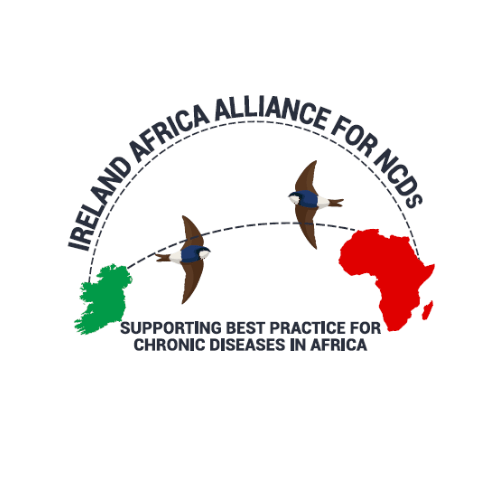

The most commonly referred to NCDs globally are those with highest premature mortality i.e. cancers (9.3 million), diabetes (1.5 million), cardiovascular (17.9 million) and respiratory disease (4.1 million). Factors including tobacco use, physical inactivity, the harmful use of alcohol and unhealthy diets increase the risk of dying from a NCDs, and they are preventable / possible to slow down through health education activities (National Center for Chronic Disease Prevention and Health Promotion 2009). In Africa, the growing prevalence of NCDs is resulting in new healthcare challenges.
The aim of this partnership is the management of NCDs include prevention, detecting, screening and treating these diseases, and providing access to palliative care for people in need. Evidence shows such interventions are excellent economic investments because, if provided early to patients, they can reduce the need for more expensive treatment. Ireland has a track record of implementing and evaluating interventions to enhance best practice for NCDs prevention and management. Togo under the direction of Prof Belo has started on a similar road but is much earlier in the path and is hindered by inadequate resources – financial and human and cultural challenges. The IAAfNCDs have specialist expertise that could assist Togo by supporting the education of healthcare workers and nurses. Mobilising nursing potential through specialist education can be a cost effective way of tacking the growing epidemic of NCDs, focusing on health promotion, education and early detection, illness prevention, treatment adherence and rehabilitation. One of the main aims of IAAfNCDs and the MoU is to agree and facilitate nurse/healthcare professionals’ education. One objective is to assist the education of nurses in Togo to improve their understanding of diabetes.

